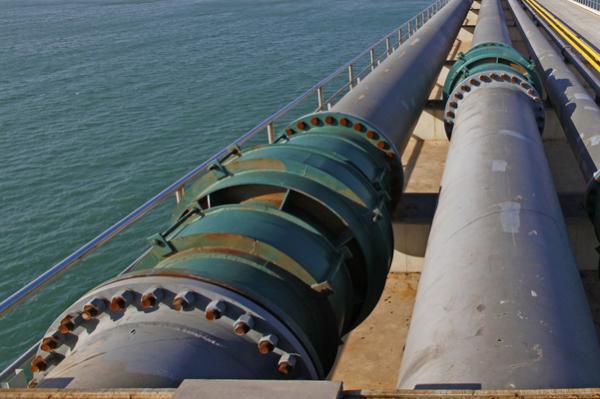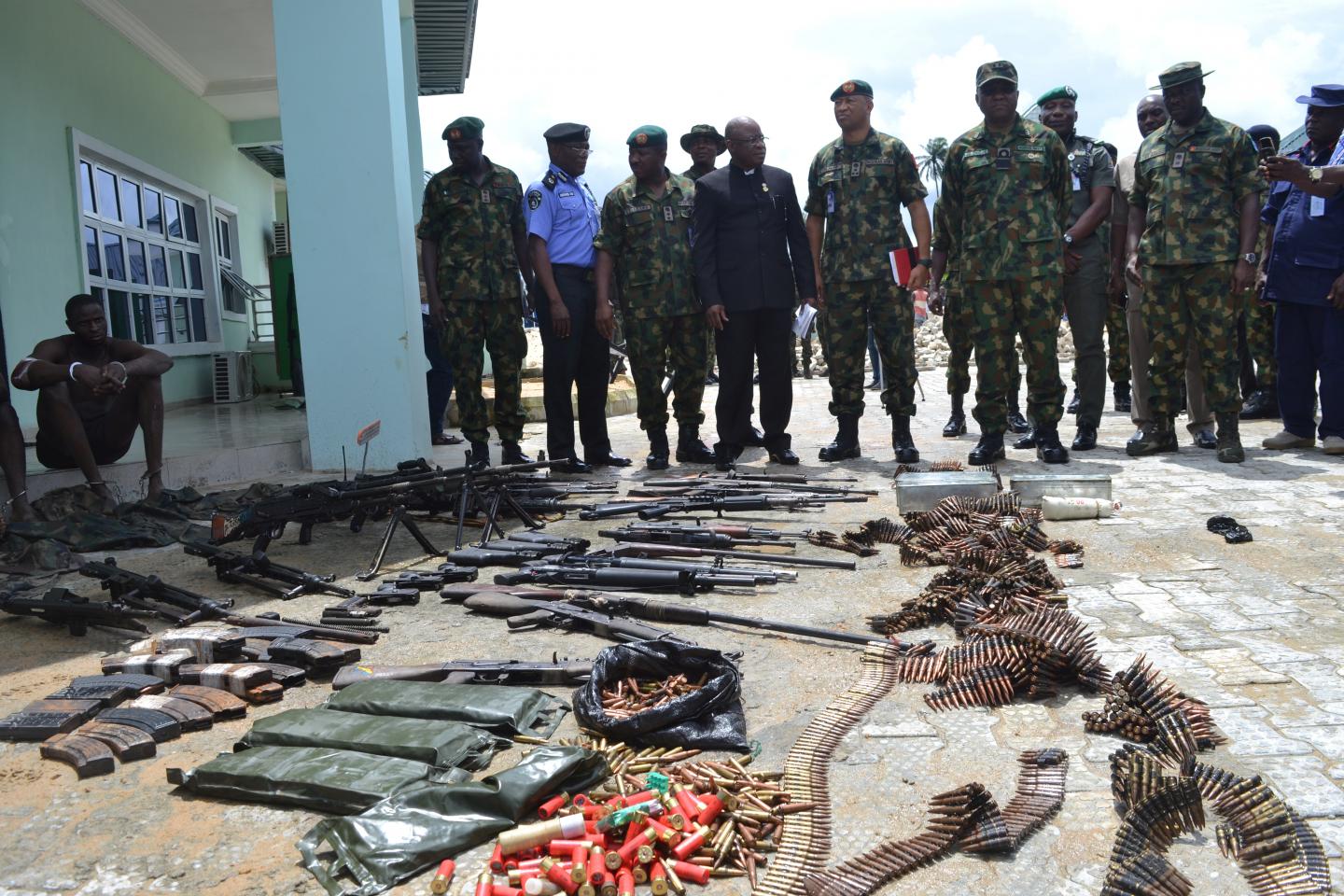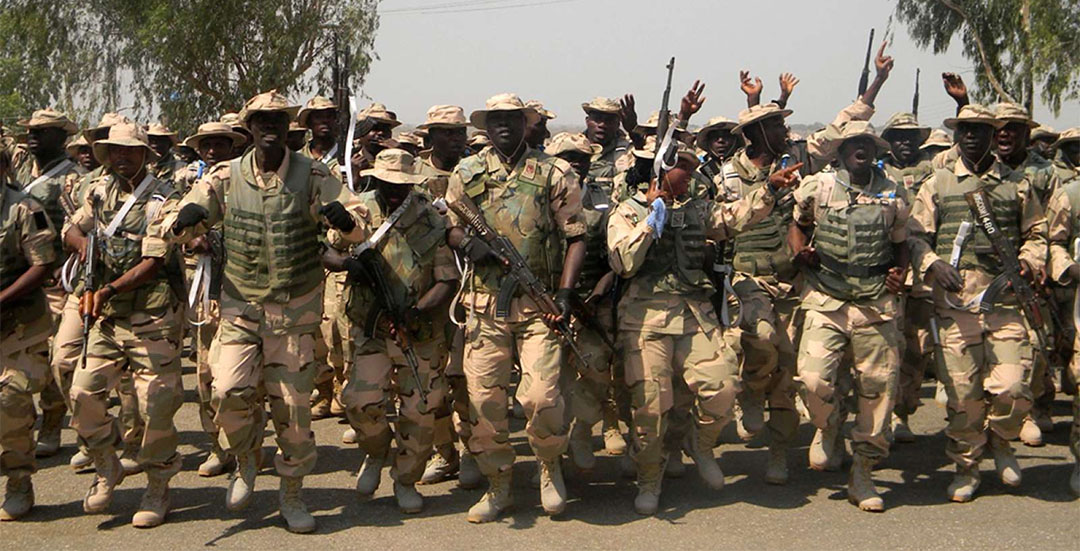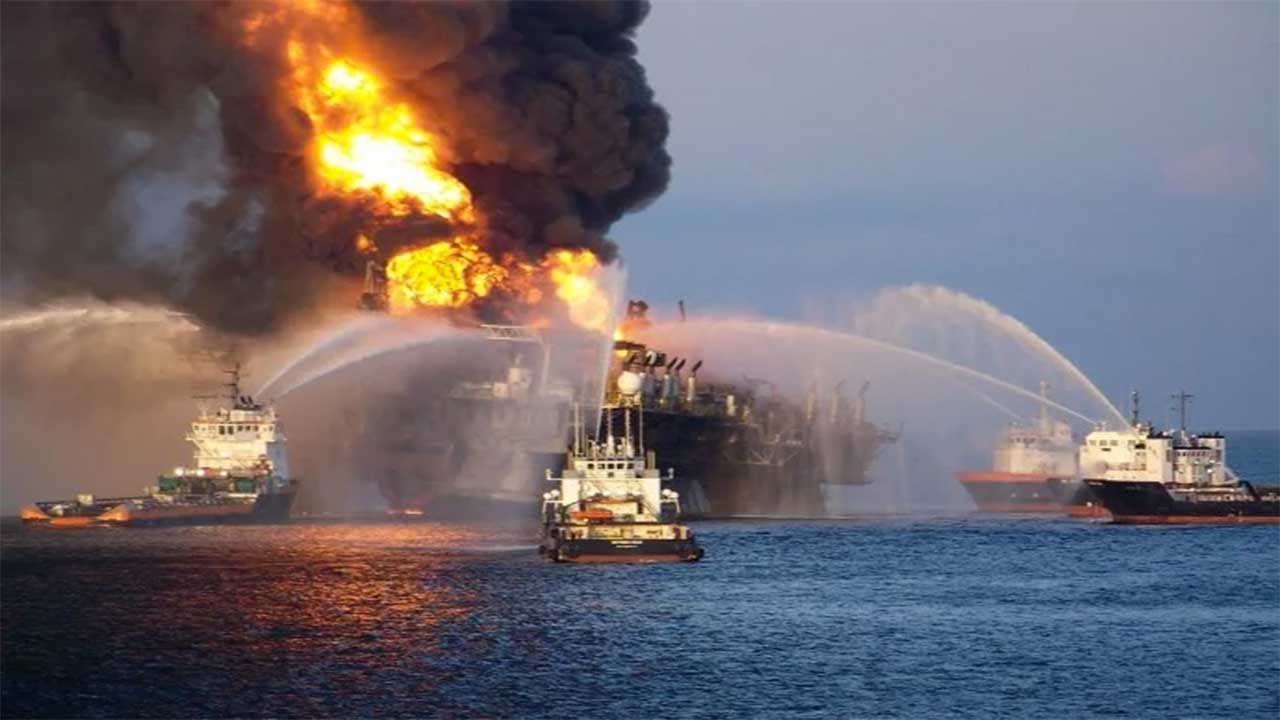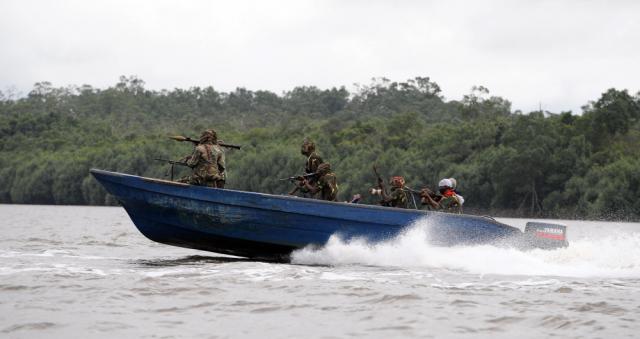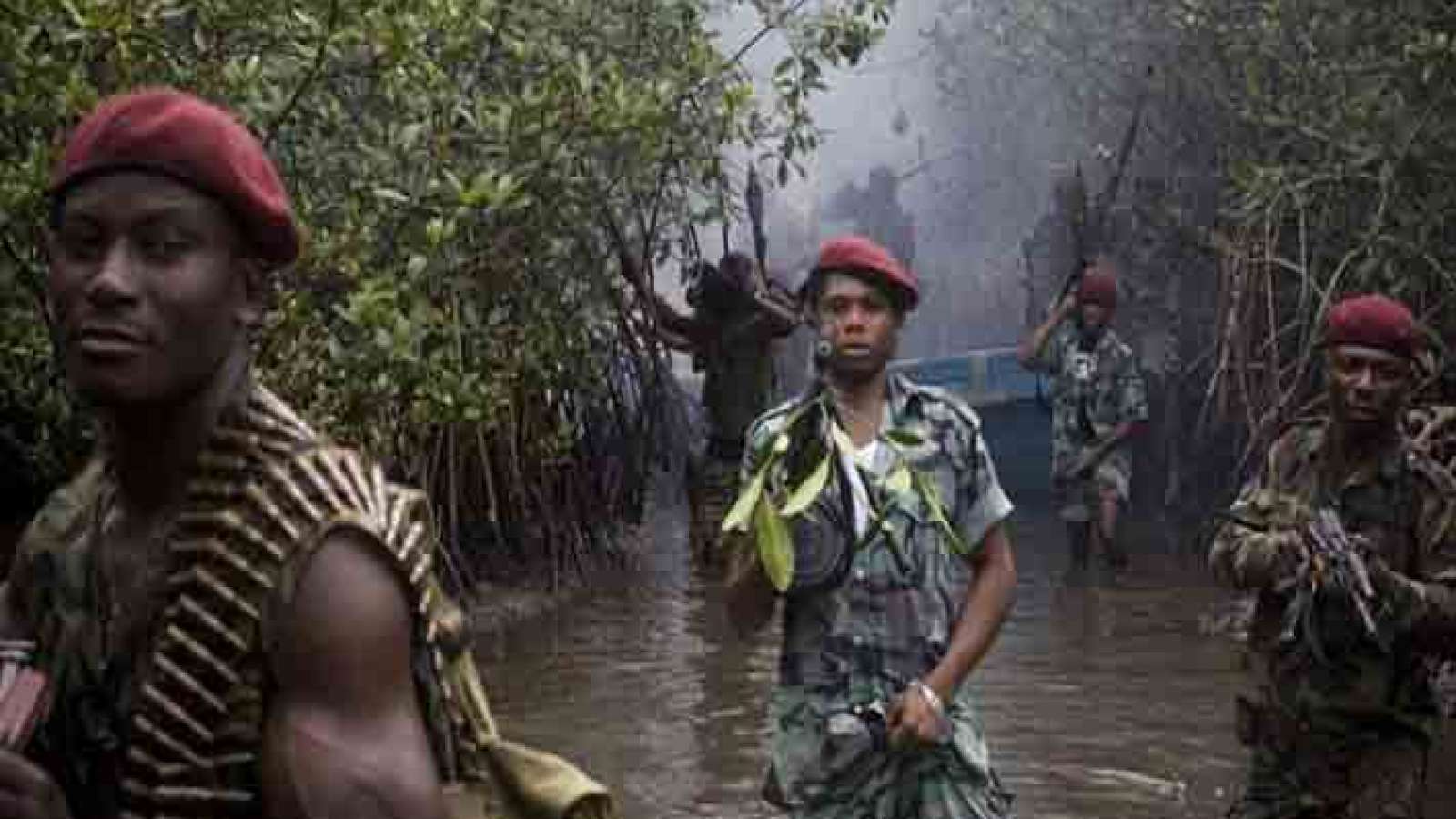
Warri (Nigeria) (AFP) – The Niger Delta Avengers on Saturday claimed responsibility for the destruction of a major oil pipeline in southern Nigeria, breaking a ceasefire the militant group had declared a month ago.
In a statement, NDA spokesman Mudoch Agbinibo said the group attacked the Bonny pipeline in Rivers State on Friday as “a wake up call”, expressing frustration with the negotiations the militants have been holding with authorities.
Agbinibo said the NDA was “still in favour of the dialogue” but accused the government of creating “shameful scenes obtainable in Nollywood acts”, a reference to Nigeria’s huge film industry, accusing authorities of intimidation and blackmail.
“There has been no progress and no breakthrough,” he said.
The Shell Petroleum Development Company (SPDC), which operates the pipeline, said the damage was being investigated.
“I can’t categorically tell you if it was an attack,” a company source told AFP, adding that a statement would be issued following an investigation.
The NDA, active in the restive Niger Delta since the start of the year, announced on August 19 that it was laying down its weapons and resuming talks with the government.
Targeting oil giants including Shell, Exxon and Chevron, it had hammered the Nigerian economy with months of attacks on vital oil and gas infrastructure, reducing output by a third at a time when global prices are already punishingly low.
The NDA is seeking a fairer distribution of the oil revenues that make up 70 percent of state’s income and has vowed to fight for development in the Delta where many people remain desperately poor despite the huge wealth of local natural resources.
A week before the ceasefire announcement, the NDA threatened to unilaterally declare independence from Nigeria.
In August the army launched “Operation Crocodile Smile” in the oil hub of Warri in a bid to re-take control of the region from a proliferation of militant groups.
As well as large-scale sabotage, the army is also battling illegal refinery operations and frequent kidnappings.
Nigerian army spokesman Sani Usman said Saturday that suspected militants on speed boats had launched a deadly attack against troops at Efut Esighi in Cross River State.
“A soldier was killed in action while two soldiers were missing in action,” Usman said, attributing the attack to a group close to the NDA, the Bakassi Strike Force.
Two militants were killed as troops struck back, the army said.
Nigerian oil production has sunk from 2.1 million barrels a day in the first quarter to 1.7 million barrels in the face of repeated militant attacks.
Ratings agency Standard and Poor’s cut Nigeria’s credit worthiness last week, saying the drop in production and a restrictive foreign exchange regime were hurting the country’s prospects.

